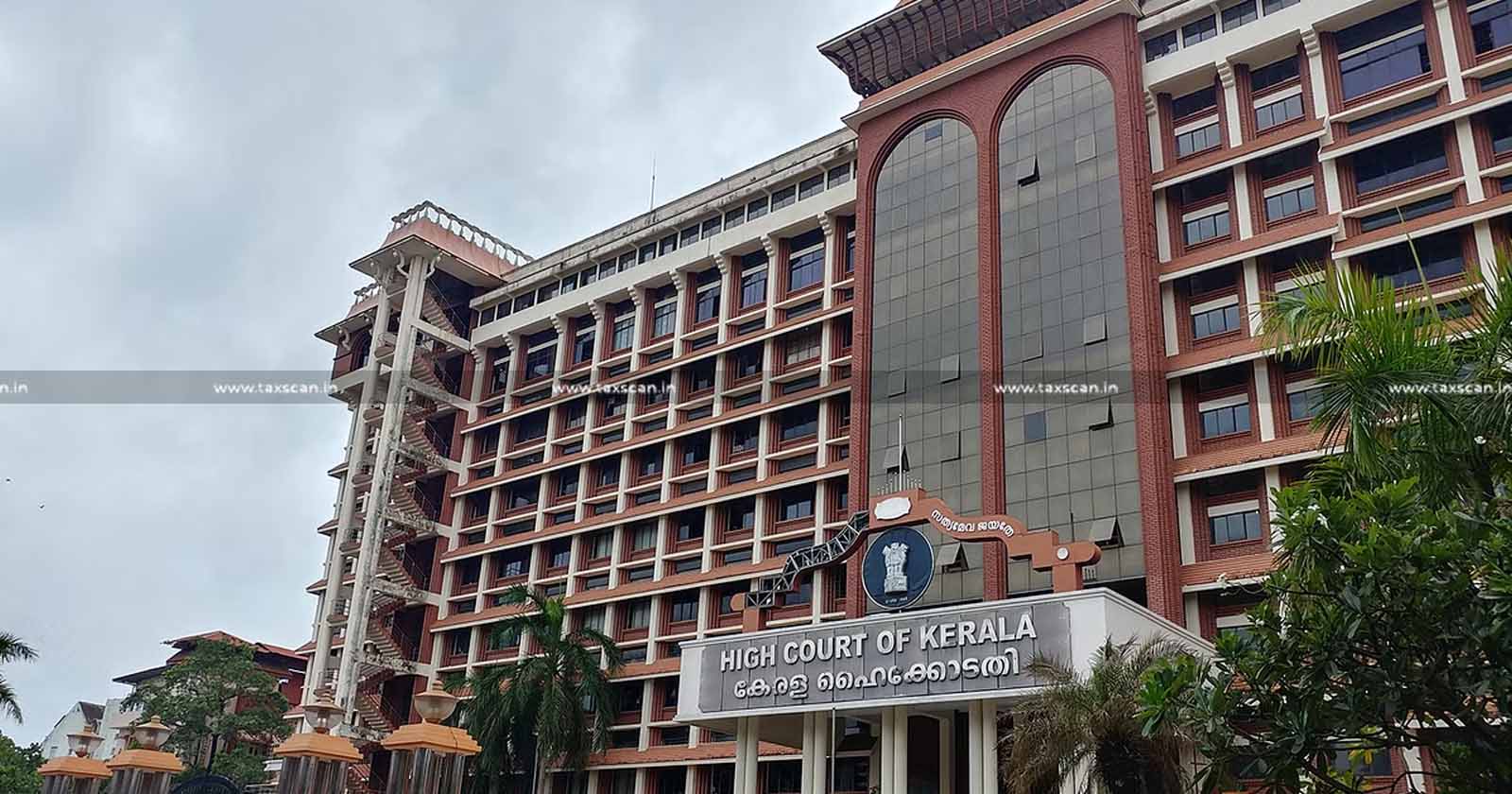Commissioner of Customs has valid Sanction and has Power to Discharge Function & Duties u/s 137 of Customs Act: Kerala HC [Read Order]

Kerala HC – Commissioner – Customs Act – Discharge Function – taxscan
Kerala HC – Commissioner – Customs Act – Discharge Function – taxscan
The Kerala High Court commissioner of customs has valid sanction and has the power to discharge functions and duties under section 137 of the Customs Act, 1961.
Ibrahim Kutty Alakkal and Ramees K T, the petitioners filed the revision petition challenging the correctness, legality and propriety of the order by which the petition filed by the revision petitioners under Section 245 of the Code was dismissed. The case was initiated on a complaint filed by the Deputy Commissioner of Customs, Air Customs, Trivandrum.
On 26.10.2014 at around 4.45 A.M. the superintendent of Customs, Air Intelligence unit, International Airport, Trivandrum intercepted the 1st accused who had arrived by Flight EK-522 at the Customs exit gate based on specific intelligence that a passenger arriving by Emirates Flight EK-522 from Dubai to Trivandrum would be trying to smuggle gold into the country by concealing on his person/checked-in baggage.
On examination of his travel documents, it was found that he was holding an Indian Passport with No.K3486772 dated 12.03.2012. He was also in possession of a boarding pass issued by M/s. Emirates from Dubai to Trivandrum by flight No. EK- 522 dated 25.10.2014 with seat No.17F, Electronic Ticket Number ETKT1765853064943 and Indian customs declaration form.
On verification of the Indian customs declaration form, the officers noticed that the Accused No.1. did not declare anything dutiable. But from his trolley bag, the yellow metal in the form of bars, square wrapped in black coloured insulation tape were found and on examination, it was found to be 24-carat gold weighing about 1 kg each. The total value was Rs.94,97,670/- and the total weight was 3.479 Kg. He attempted to smuggle gold to evade duty. Besides the 2nd accused also similarly smuggled gold; both at the instance of accused Nos.3 and 4.
It was contended that the previous sanction as contemplated in Section 137 of the Customs Act, 1962, is essential for taking cognizance of the alleged offences. As per Section 137, the Principal Commissioner of Customs or Commissioner of Customs alone can accord sanction. Whereas, in this case, the authority accorded the previous sanction is the Commissioner (Central Excise, Customs and Service Tax) Thiruvananthapuram. It was argued that the said officer was not empowered to exercise the powers under Section 137 of the Customs Act and therefore the sanction in the instant case is illegal.
The petitioners submitted that when such specific authorities are empowered to accord sanction; even by excluding superior officers like Principal Commissioner of Customs or Chief Commissioner of Customs, the sanction accorded in this case by an officer who held only charge and not by the officer empowered by the statutory provision is illegal.
The Standing Counsel for the Customs on the other hand would submit that the Central Government by notification dated 07.03.2002 notified the Commissioner of Central Excise to be the Commissioner of Customs and therefore the officer accorded sanction has every empowerment under Section 137 of the Customs Act.
The notification dated 07.03.2002 says that the Commissioner of Central Excise is to be the Commissioner of Customs (Appeals) within their respective jurisdiction as specified under Rule 3 of the Central Excise Rules, 2002. Thus there is a valid appointment of the Commissioner of Central Excise to be the Commissioner of the Customs. Hence, the appointment of the officer officiating as the Commissioner of Customs could validly accord sanction. The petitioners cannot be heard to contend that such an officer did not have the power to discharge the functions and duties of the Commissioner of Customs under Section 137 of the Customs Act.
A single bench of Justice P G Ajithkumar dismissed, the revision petition, however without prejudice to the right of the petitioners to raise their contention as a defence at the trial
To Read the full text of the Order CLICK HERE
Support our journalism by subscribing to Taxscan premium. Follow us on Telegram for quick updates


